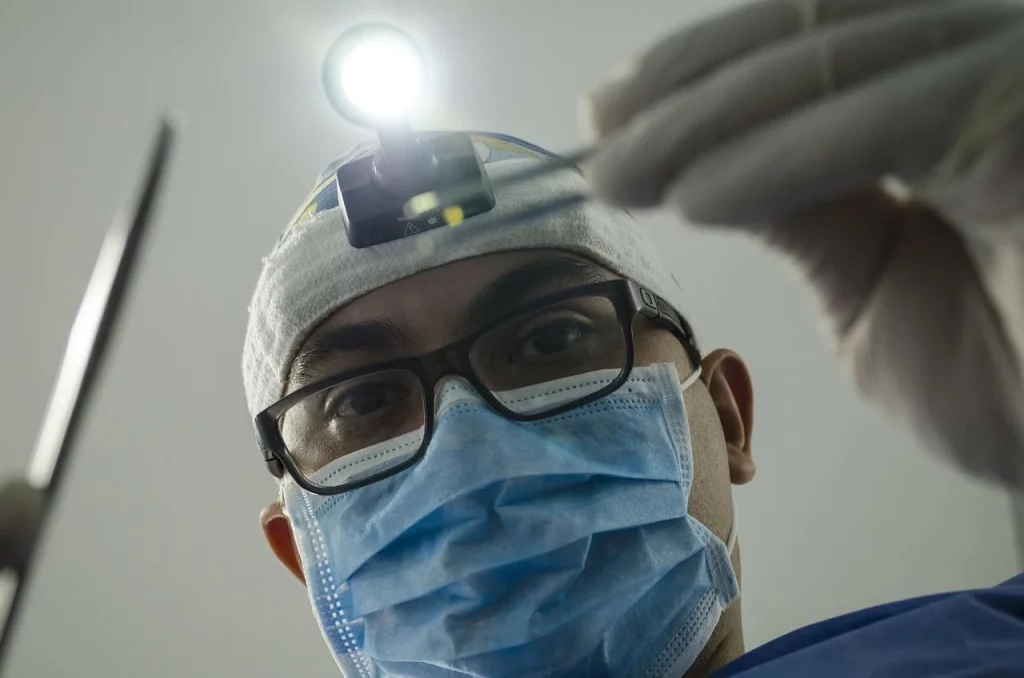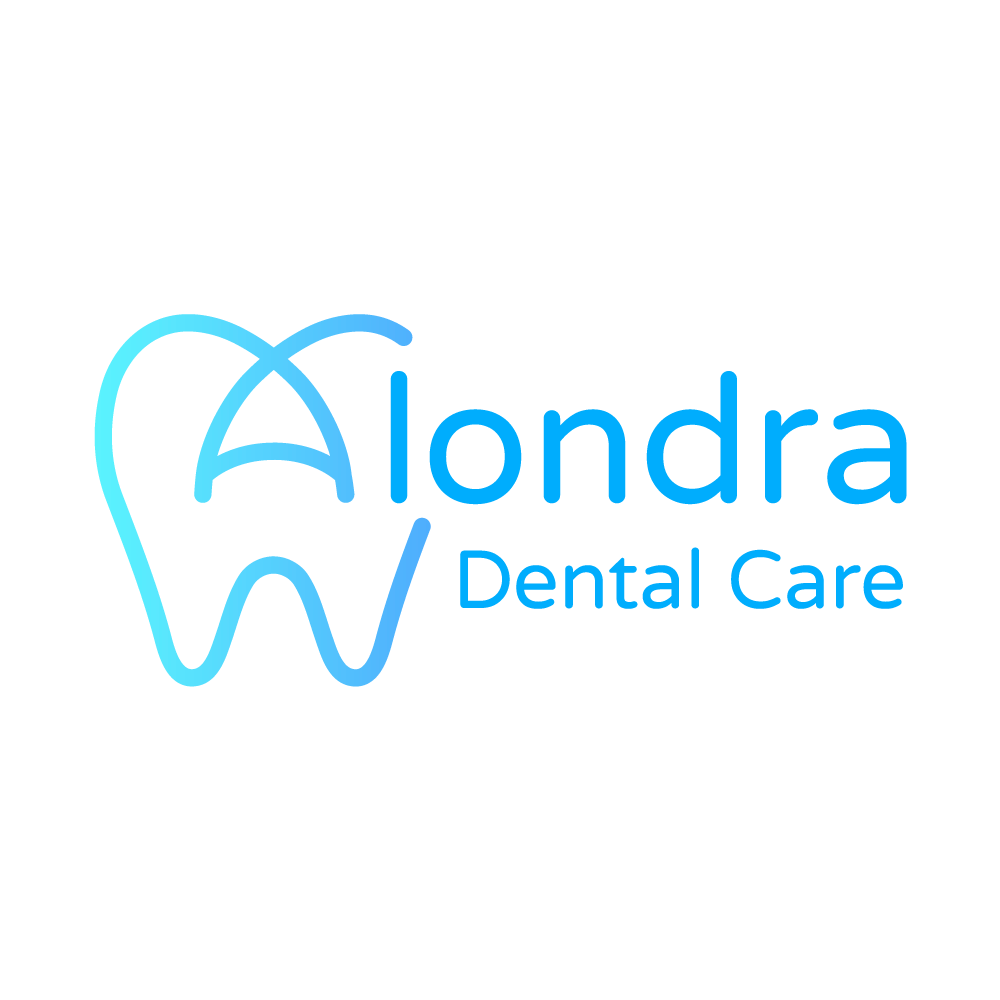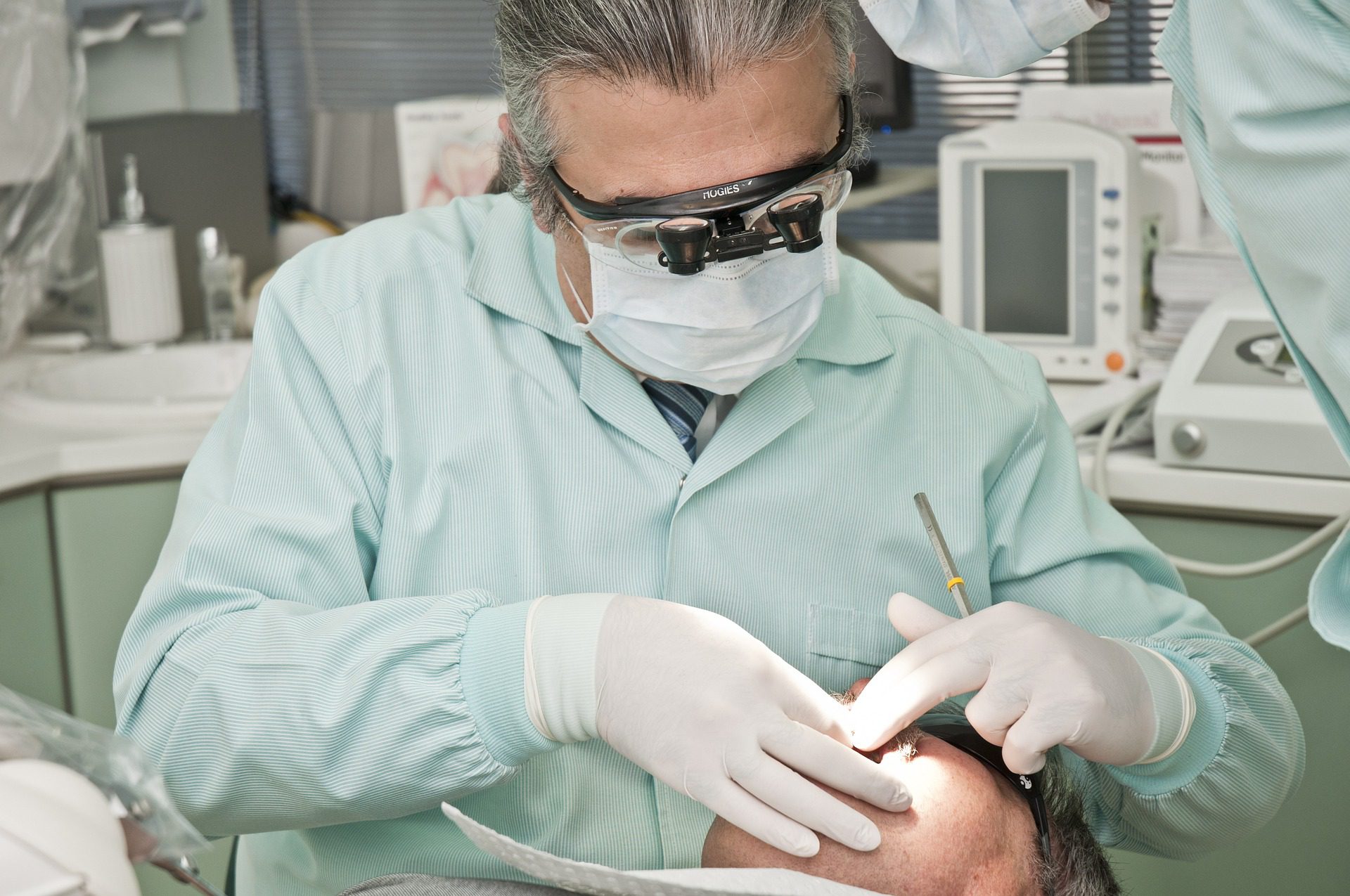Everything You Need to Know About Dental Crown Pros and Cons
If your dentist has informed you that you need a dental crown procedure, don’t worry! This is a very common treatment option for adults and children. A dental crown is a covering that encases the entire visible portion of a tooth up to the gum line.
Why is a Dental Crown Procedure Necessary?
A dentist may recommend a crown for one of several reasons.
- To protect a weak tooth from breaking or to hold a cracked tooth together
- To restore a fractured or worn-down tooth
- To cover and support a tooth with a large filling
- To hold a dental bridge in place or to cover a dental implant
- To provide a cosmetic modification for misshapen or discolored teeth
A dental crown is generally a long-term, durable fix with a minimal risk of complications.

Dental Crown Pros and Cons
Dental crowns can lessen pain, prevent further tooth damage, and give patients a more confident smile. While crowns are meant to last a long time, they can crack or fall out, and some patients experience increased sensitivity in their gums. There are many different dental crown options to choose from, each with its own pros and cons.
1. Stainless steel crowns for adults are often temporarily placed on teeth while waiting for the permanent crown to be molded. For children, a stainless-steel crown covers the entire tooth, and when the primary (baby) tooth falls out, the crown comes out with it.
2. Gold crowns rarely break and are often selected for cosmetic reasons. However, the high price of gold is the main drawback.
3. Porcelain-fused-to-metal crowns look like regular teeth. However, the metal underlying the crown’s porcelain can show through at the gum line.
4. All-porcelain crowns provide the best color match of other crown types and may be ideal for people with metal allergies.
5. All-resin crowns are less expensive, but they are prone to fractures.

Questions to Ask Before Your Dental Crown Procedure
While this is a common procedure, each patient has a unique set of circumstances and health needs. Before your dental crown procedure, be sure to speak with your dentist about the following topics.
How Long Will My Crown Last?
Generally, crowns can last up to 15 years. The lifespan depends on the material used, proper care, and how well the crown fits. The patient’s overall oral health can also be a factor.
Will My Crown Require Special Care?
Typically, crowns only require good oral hygiene practices such as brushing your teeth twice a day, flossing where the crown meets the gum line, and using an antibacterial mouthwash.
How Much Do Crowns Cost?
Costs vary depending on where you live and the type of crown you’ve selected. Often, a portion of the cost may be covered by insurance.
Questions About Your Dental Crown Procedure? Contact Alondra Dental Care Today.
The most important step in evaluating dental crown pros and cons is to speak with a qualified dentist. If you’re looking for a dental practice in Southeastern Los Angeles County, make an appointment with Alondra Dental Care. Please explore our website to learn more about our friendly staff and get answers to frequent questions about insurance, what to expect during your visit, and our full menu of services. We look forward to helping you achieve a smile you’ll love sharing!




